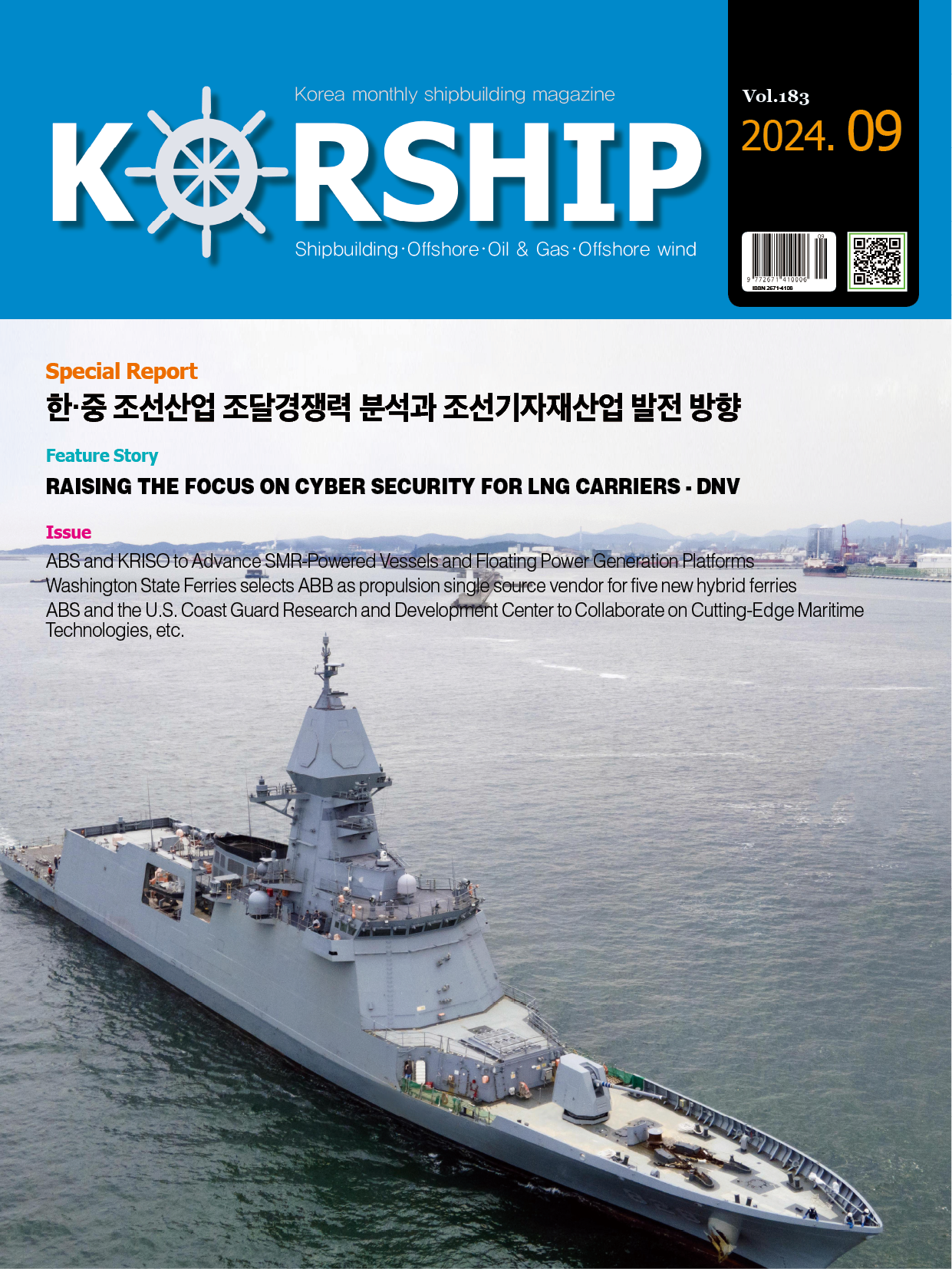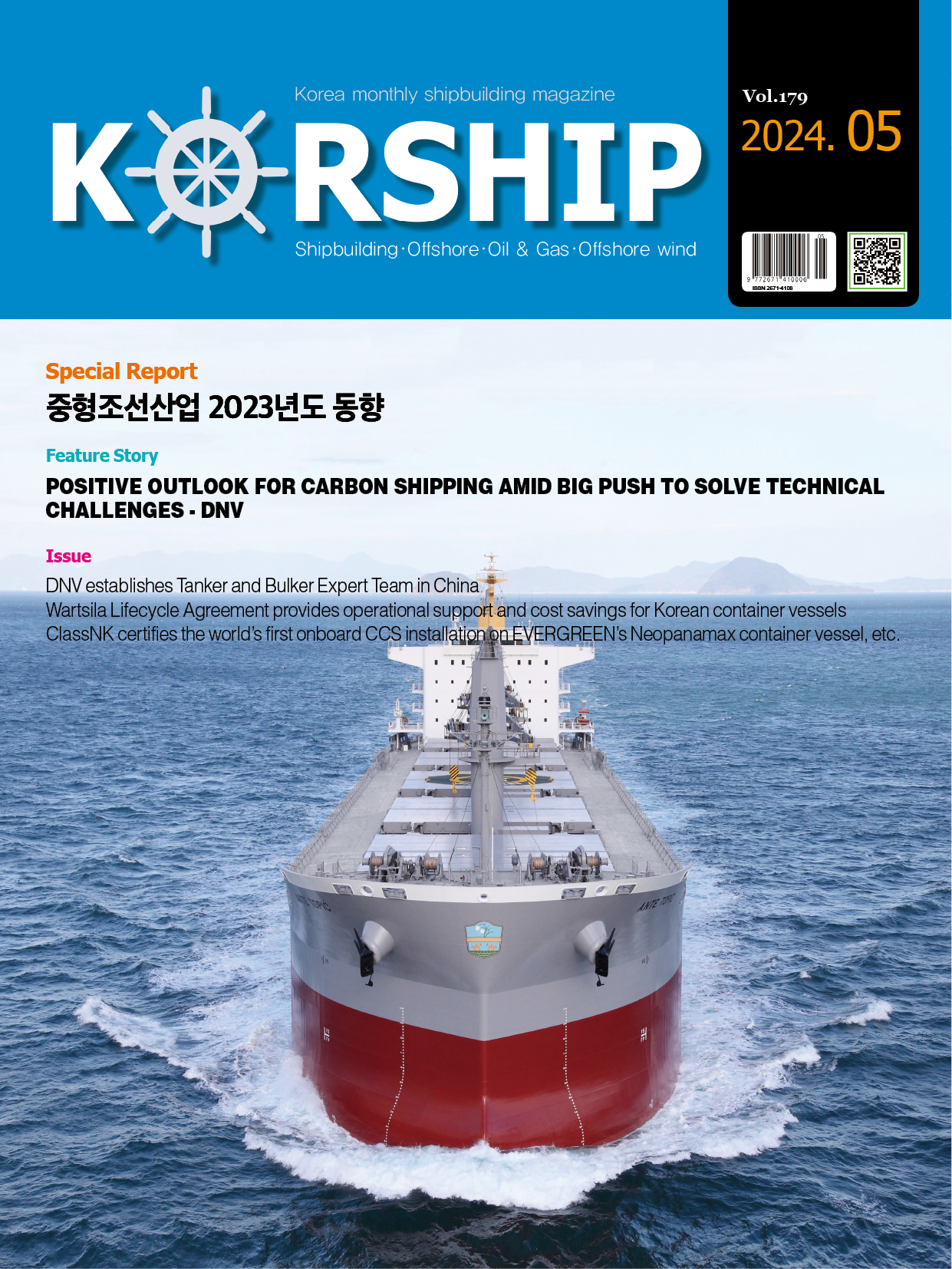Business News Water lubricated propeller shafts reduce fuel consumption
페이지 정보
작성자 최고관리자 댓글 0건 조회 1,396회 작성일 22-10-13 15:09본문
Peer-reviewed research by Thordon Bearings into the hydrodynamic lubrication efficiency of a ship’s propeller shaft bearing has found that the use of seawater-lubricated elastomeric polymer bearings reduces fuel consumption.
The environmental and financial benefits of adopting a seawater-lubricated propeller shaft system are well documented, but this is the first indication that the arrangement reduces hydrodynamic resistance enough to improve fuel consumption, compared to a conventional oil-lubricated bearing arrangement.
The ground-breaking research is based on new methodology for calculating the performance of seawater-lubricated bearings, which, until now, has been based on decades-old theory developed for oil-lubricated propeller shaft bearings.
Thordon Bearings used the methodology to compare the fuel consumption of a Panamax containership and an Aframax tanker operating a 640mm(25.2in) diameter oil-lubricated propeller shaft bearing versus the same ships operating an open COMPAC seawater-lubricated bearing system.
Each vessel was assumed to run on VLSFO(very low sulphur fuel oil) at a global average price of US$890/mt, operating for 70% of the time.
Thordon Bearings is now carrying out research to assess the carbon emissions reduction attributes of vessels using a seawater-lubricated system to help shipowners meet CII(Carbon Intensity Indicator) requirements.
From January 1st, 2023, shipowners will be required to document their Attained Annual CII and verify it against the Required Annual CII to determine their vessels’ operational carbon intensity rating. Savings in fuel consumption and subsequent reduction of CO2 emissions are the focus of the CII measure.












